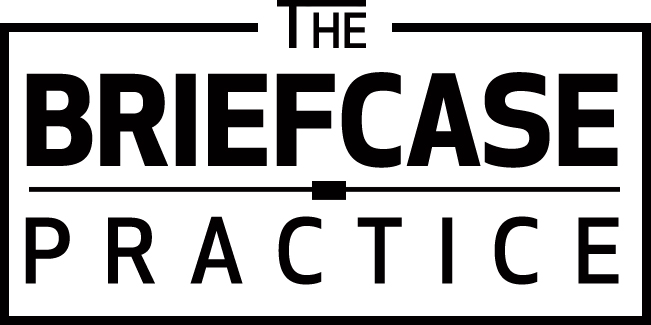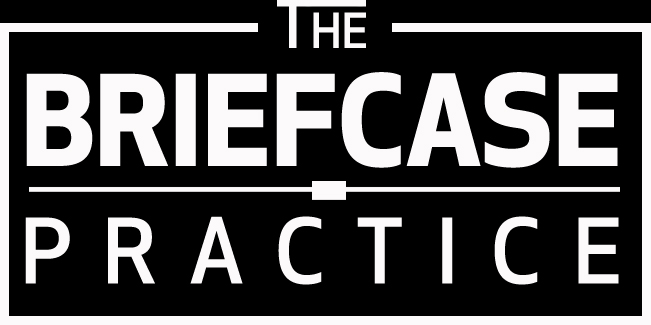Ultimate Power: Terms and Conditions, Privacy Policy and a host of others

Sometime in April 2018, Instagram updated its terms of use and I’m near certain most of its over 6.9 million[1] plus users in Nigeria, never – not once, looked through the updated documents or its precursors. This is assuming they knew where to find it.
With the rising use of social media and the constant clamor of infringement by some users pertaining to images or content shared on popular platforms like Instagram, the question of whether one can make use of images and other content shared without the author’s consent is of growing importance; and while Nigerian case laws are silent on copyright claims in relation to content sharing on these platforms, a look at some basic legal concepts will provide the much needed clarity on the matter.
DOES INSTAGRAM UNDERSTAND COPYRIGHT?
Copyright is the exclusive and assignable legal right given to the owner of a work. It stipulates that the owner of the work has the right to dictate how his or her work can be used or copied. Copyright laws[2] provide for various works that are eligible for copyright and Images or photographs or pictures are seen as eligible works[3] for copyright. So, your images on these platforms are covered.
With respect to copyright infringement, users of social media platforms are increasingly concerned with the use of their work by unknown persons without their consent. This concern, though valid is misplaced. Why? Using Instagram as a case point, all users on Instagram having accepted its terms of use, are bound by them and other similar “unknown” legal documents[4] governing their relationships with these platforms. Also, since the law protects the sanctity of contract, provided they are no vitiating elements[5], the law recognizes the validity of these contracts. Last we checked, not reading a contract does not vitiate it.
WHAT DID YOU ACCEPT?
There are two points that are worthy of note in your contract with Instagram.
One, you gave them all. It is well established that a copyright owner may license his or her rights in any copyrighted material, including the rights of use, distribution and sublicensing to one or more parties.[6] By accepting the terms of use, users give Instagram a very wide umbrella of rights that amount to a blanket licence to deal with their content. The terms of use[7] provide that, by posting content to Instagram, the user grants Instagram a non-exclusive, royalty-free, transferable, sub-licensable, worldwide license to host, use, distribute, modify, run, copy, publicly perform or display, translate, and create derivative works of your content (consistent with your privacy and application settings). The implication of this is that Instagram can deal with whatever you post on your platform based on the license you have given them.
Then, you added a little extra. A part of the terms of use[8] says all the rights granted to Instagram will be used in line or within the limitation of your privacy and application settings. In line with Instagram’s policy on privacy its users are able to set their accounts as either “public” or “private”. Contents users share on their “public” account is searchable by the public and subject to use by others via Instagram’s APIs or Plugins. Let me explain, remember, the terms of use allow Instagram to sublicense your content. Well, Instagram through its Platform Policy, allows third parties to make use of any content you post on your Instagram account, provided that account is public. For example, a third party website can go through Instagram explore page, see a picture of you they like and Instagram permits them to use that picture, without asking for your permission, on their website or any other place they choose, provided that the pictured is placed on that third party platform via an embedded[9] link from Instagram.
Furthermore, you have no claim for infringement because you uploaded the image to Instagram on a public account and have agreed, through terms of use which you did not read, to allow third-party organizations or persons, as Instagram sublicensees, embed your image on their website.
WHAT ARE YOUR OPTIONS?
Let’s assume you find your pictures on websites or other platforms you are not pleased with, what can you do?
- Ask that the Platform take it down. Instagram has mandated its sublicensees to ensure contents are taken down within 24 hours after the owners request it.
- Make your account Private. Sublicensees can only access public images or contents, so the moment your account goes private they are not able to use it.
CONCLUSION
Terms of use, terms and conditions, privacy policies, platform policies, data policies and a host of their names are attached to online platforms for a reason. They govern your use of these platforms. Take a minute to read or at least skim through, you never know what you may find.
Signed
Oyindamola Giwa
For: TBP.
[1] https://napoleoncat.com/stats/instagram-users-in-nigeria/2019/01 accessed April 18, 2020. As at January 2019, Instagram 6,972,000 users in Nigeria.
[2] Copyrights Act, LFN 2004
[3] Ibid, s. 1 and s. 39
[4] Terms of Use, Data Policy, Platform Policy etc.
[5] Factors which when present will generally render the contract of no effect e.g. mistake, duress, undue influence etc.
[6] Adenuga v Ilesanmi Press & Sons (Nig) Limited (1990 – 1997) 3 IPLR 138
[7] https://help.instagram.com/581066165581870 accessed April 18, 2020.
[8] Ibid
[9] This is a way of displaying an image or video on your platform without taking the image or video from its original location.


Leave a Reply